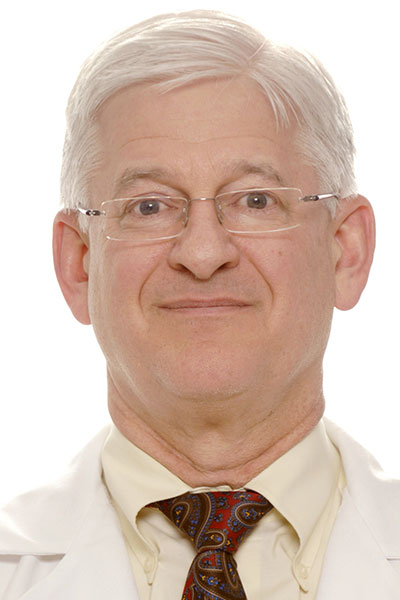Alternate approaches to measuring lung function beyond traditional FEV1, such as FEV1 quotient (FEV1Q), are bringing different contexts and considerations into play for clinicians and their patients.

“You have a pure volume number, FEV1Q , which means you do not need to know someone’s age, height, weight, or race to evaluate how their lung function will have its impact on survival,” said Thaddeus Bartter, MD, FCCP, Professor of Pulmonary and Critical Care Medicine at the University of Arkansas for Medical Sciences (UAMS) and Director of the UAMS Pulmonary Function Laboratory. “But the real question is whether FEV1Q and its more accurate prediction of survival adds to our understanding of how to treat patients. If the new value were to be added to pulmonary function reports, would it improve patient care?”
These and other questions will be explored in a case-based session, Pulmonary Function Crossfire: The Intersection of Physiology and Clinical Medicine, Wednesday, October 9, at 3:30 pm ET, in Room 210C of the Boston Convention & Exhibition Center.
Dr. Bartter will chair the session and moderate an interactive panel discussion that will allow audience members to interact with speakers, including Matthew Hegewald, MD, FCCP, from the University of Utah; David Kaminsky, MD, FCCP, from the University of Vermont; and Meredith McCormack, MD, MHS, from Johns Hopkins University.
The case presentations and discussions are designed to highlight current issues in pulmonary function testing, to elucidate conflicts and consensuses of opinion, and to do so with a sense of humor that keeps this clinical topic lively and entertaining.
“It is more important to understand the complexity of each patient than to focus on a single number from pulmonary function testing,” Dr. Bartter said. “We hope to raise issues that will affect the ways we will be looking at the intricacies of pulmonary function testing to understand that there isn’t an absolute, one number that tells all. Our goal is to incorporate physiology in ways that help clinicians in the audience take better care of their patients.”
Join us at CHEST 2025
Save the date for the next Annual Meeting, October 19 to 22, 2025, in Chicago. CHEST 2025 will explore the latest advancements in pulmonary, critical care, and sleep medicine, with a focus on innovation and the future, just as the city itself embodies progress and reinvention.





